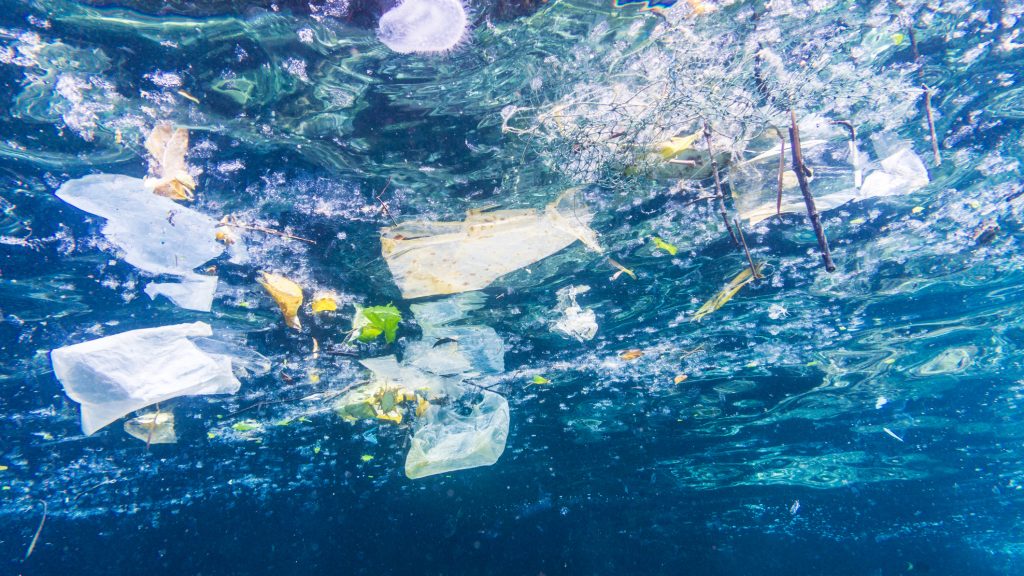Citizens’ initiative prompts Finnish lawmakers to consider microplastics ban

A citizens’ initiative proposing that Finland ban the importation, production and sale of cosmetics containing microplastics has received the 50,000 signatures it needs to be considered by lawmakers.
The problem of plastic waste in the environment has become a hot topic around the world in recent times. For example, the international wilderness preservation group WWF has warned that there could be more plastic than fish in the world’s oceans and seas by the year 2050.
The organisers of the Finnish microplastics ban initiative say that microplastics should be banned because they harm sea life and aquatic ecosystems. The group also says that microplastics end up in food and water systems.
Two women behind initiative
Lotta Laaksonen and Marion Routti, who both live on the island municipality of Pargas (Parainen in Finnish) near Turku in southwest Finland, were behind the initiative.
“It’s fantastic! Just two days ago we still needed 10,000 signatures, but now we’re there,” Laaksonen said, adding that she collected some 200 signatures herself on Saturday in Turku.
The citizens’ initiative also received a lot of attention on social media over the weekend, she said.
Laaksonen says she hopes that Finland will ban cosmetics containing microplastics and that the citizens’ initiative sparks a national discussion about plastics in the environment. She pointed out that countries like Sweden and the UK have already banned some cosmetics containing microplastics.
“There’s been very gloomy news about the environment lately. This is a small step, but I hope people have woken up and noticed that everyone can make a difference, just like us two women who started this citizens’ initiative,” Laaksonen said.
Related stories from around the North:
Canada: Indigenous community in Northern Canada to offset diesel with solar panels, CBC News
Finland: Plastic recycling slow to gain ground in Finland, Yle News
Norway: Plastic on Svalbard: “I could never believe it was this bad”, The Independent Barents Observer
Russia: Polar bears greatly exposed to toxic chemicals in eastern Barents Sea, The Independent Barents Observer
Sweden: Baltic Sea plastic levels puzzle researchers, Radio Sweden
United States: America’s most toxic site is in the Alaskan Arctic, Cryopolitics Blog



